 Someone Named Eva, Joan M. Wolf
Someone Named Eva, Joan M. Wolf
Another children’s novel about World War II—this one better, I think, than the average (certainly better than the nearly hideous and shockingly popular Boy in the Striped Pajamas), if only because it deals with such a little-known part of Hitler’s mission. The title character, Eva, is a victim of the Lebensborn project, in which Hitler abducted “Aryan-looking†children from occupied countries, who were then repatriated as German citizens and adopted by Nazi families.
Eva—or Milada, as she was called in Czechoslovakia—is a likable protagonist, though kids will likely find the ease of her transition to “Germannessâ€, and the degree to which she represses her former identity, difficult to understand and relate to. And the story’s rather dark ending doesn’t take long enough to unfold: we arrive very suddenly at the end of the war and Milada’s being reunited with her mother, though the rest of her family is dead or missing. The transition from her increasingly complacent existence with her German family – including a “sister†she grows to care for – back to her old life is abrupt and unsettling. It’s difficult to believe that her return would be so easy, especially because by the end of the book, she has almost completely forgotten her native language and her own history—even her name.
There is a degree of ambivalence here about the Lebensborn project, and the Nazis generally, that is unusual in a children’s book. Eva’s adoptive mother, though married to a top-ranking Nazi, is not a terrible person by any stretch of the imagination. One of Eva’s Czech cohorts, a girl named Ruzha, very quickly and happily takes on her new identity, and one gets the impression that her adoptive family may well be better for her than the one into which she was born. There are many characters on both sides of the conflict who are sympathetic, though Wolf doesn’t shy away from reality: Milada’s village has been destroyed by the Nazis, and her German family lives next door to a concentration camp where she sees first-hand what her adoptive father is responsible for. This is a surprisingly complex little book, and well worth reading.
In short: Very good historical fiction for kids and their grown-ups.
Read it if you like: Books about the Holocaust, The Upstairs Room
——————-
Addendum: In October 2009, I reviewed this book for school. That review follows. Continue reading “Review: Someone Named Eva, by Joan M. Wolf”

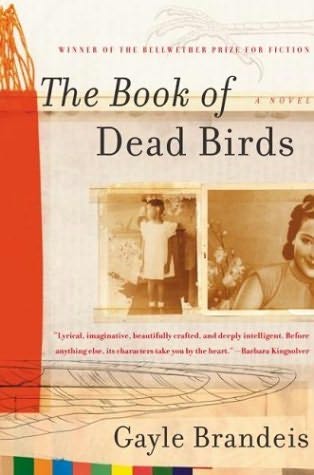 The Book of Dead Birds,
The Book of Dead Birds,  Life As We Knew It
Life As We Knew It The Gemma Doyle Trilogy: A Great and Terrible Beauty
The Gemma Doyle Trilogy: A Great and Terrible Beauty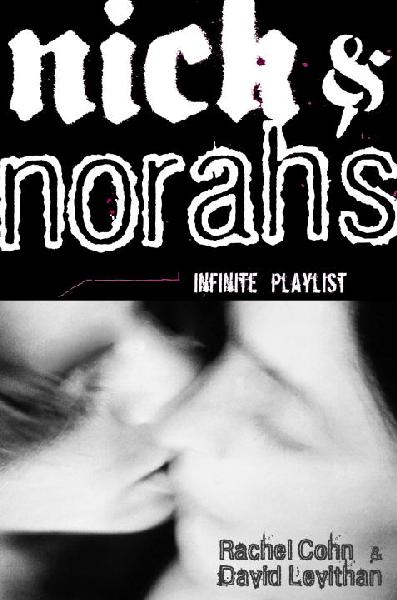 Nick & Norah’s Infinite Playlist
Nick & Norah’s Infinite Playlist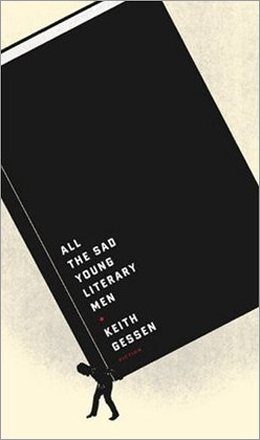


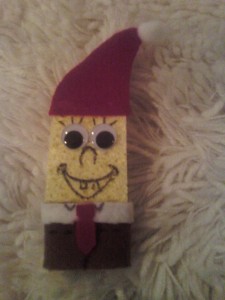
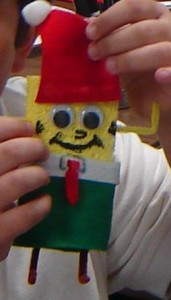
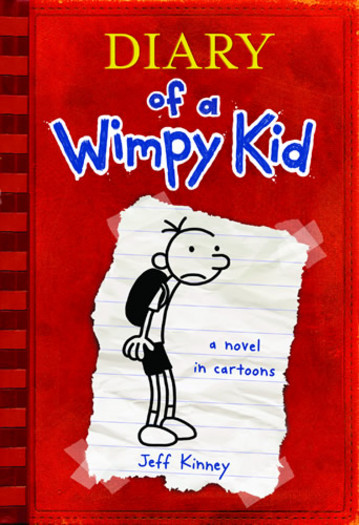 Diary of a Wimpy Kid
Diary of a Wimpy Kid